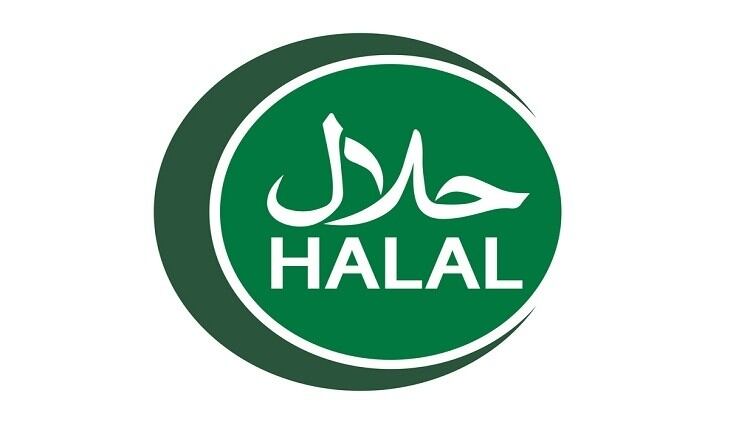Although Thailand does not have as large a Muslim population as several of its other South East Asian peers, with around 4.3% of Thais being of the Islamic religion as opposed to Indonesia (87.2%) and Malaysia (61.3%) according to the World Population Review, the country maintains a strong focus on its halal food and beverage industry due to its strong dependence on tourism.
As such, the halal sector in Thailand has seen a great deal of development in recent years, and according to industry leader Winai Dahlan, Chairman of the Halal Standard Institute of Thailand, Vice Chairman of the Central Islamic Council of Thailand and Founding Director of the Chulalongkorn University Halal Science Centre, it is now looking to make even larger strides using technology as a key tool.
“Thailand’s halal food [and beverage] industry is moving to halal standardization from an analogue to a digital era,” Dahlan told FoodNavigator-Asia.
“The sector’s development can be classified into first, second and third generational progress, from the introduction of halal standards and labs to platform conception and halal ingredient development, then finally to logistics and traceability.
“Since 2016, we have been in the era of Halal 4.0, which saw the introduction of digitalisation, IOT, cloud, e-commerce and other types of digital technology; and in 2019 the Thai Cabinet has also endorsed the development of a halal blockchain platform to be used locally.”
The halal blockchain initiative is being led by Dahlan via the Halal Science Centre, which once completed is expected to increase the industry’s ability to perform standardization and authentication processes with guaranteed standards and traceability.
“The core of the halal blockchain will be the Hal-Q or Halal Assurance, Liability and Quality System which is used by the Central Islamic Council of Thailand to perform and issue halal certifications,” he said.
“The platform will be used in tandem with what we call SPHERE, or the System Protocol for Halal Electronic Resource Exchange, which will be what links government, industry, academia, consumers and halal certification organisations together.
“This process is currently still ongoing, but the ultimate aim and end-goal for us to reach is to establish a full-scale halal blockchain platform which can benefit all of Thailand.”
Other scientific progress
In addition to building the technology required, Dahlan also highlighted several breakthroughs that the Halal Science Centre will be bringing to this modernization of the local halal industry.
“We have already developed the world’s first book of Halal H-numbers, a database that gathers chemicals and ingredients and tabulates these with H-numbers to determine a food or beverage product’s ‘safety’,” he said.
“The centre’s halal laboratory has also successfully developed a new generation technique for multiplex haram animal analyses to authenticate halal food products.
“This new technology is able to test for nine species of haram animals in one analysis, which saves everyone a lot of time, effort and money as opposed to testing for each haram component one by one.”
All in all though, Dahlan stressed that science and technology is definitely the way forward for Thailand’s halal sector, which carries great weight in the country despite the community’s small size.
“Traceability is going to increasingly become more important, and it will be crucial for us to have such a system in place to provide consumers with the assurance that they are not in contact with any haram food items, especially as haram is to us very much a food hazard,” he said.


